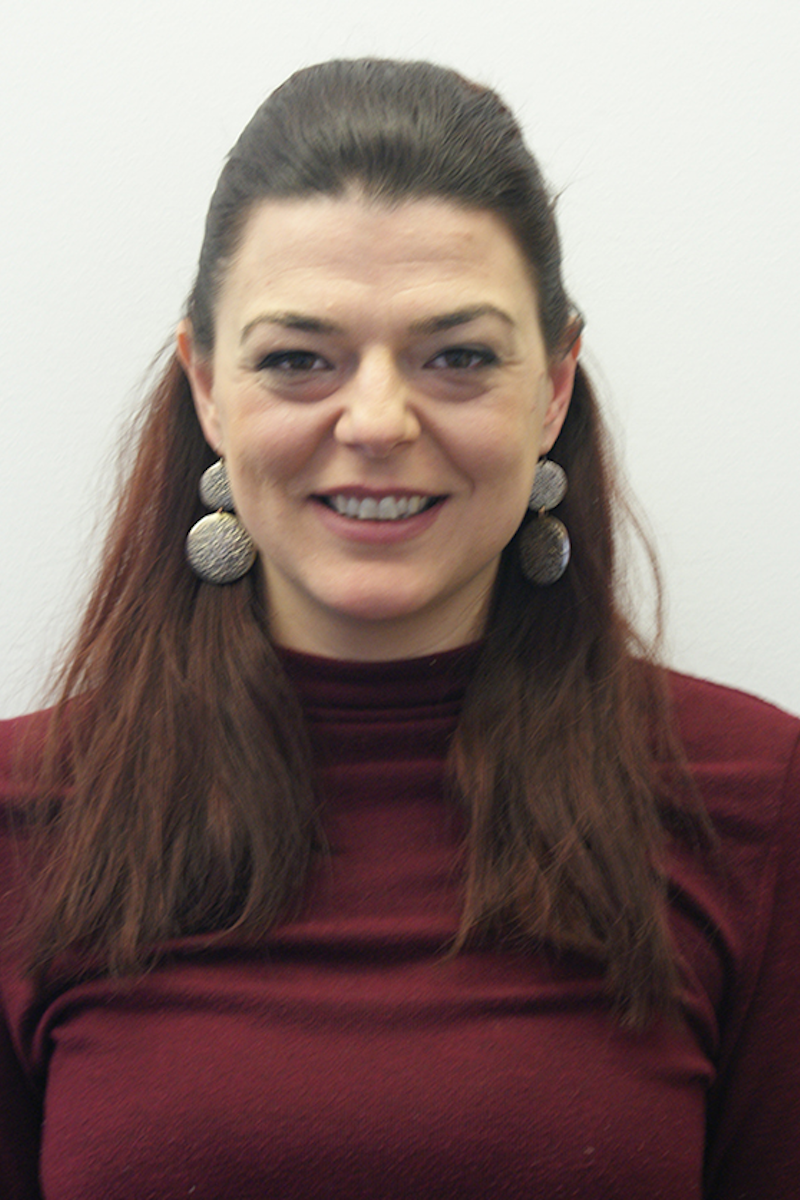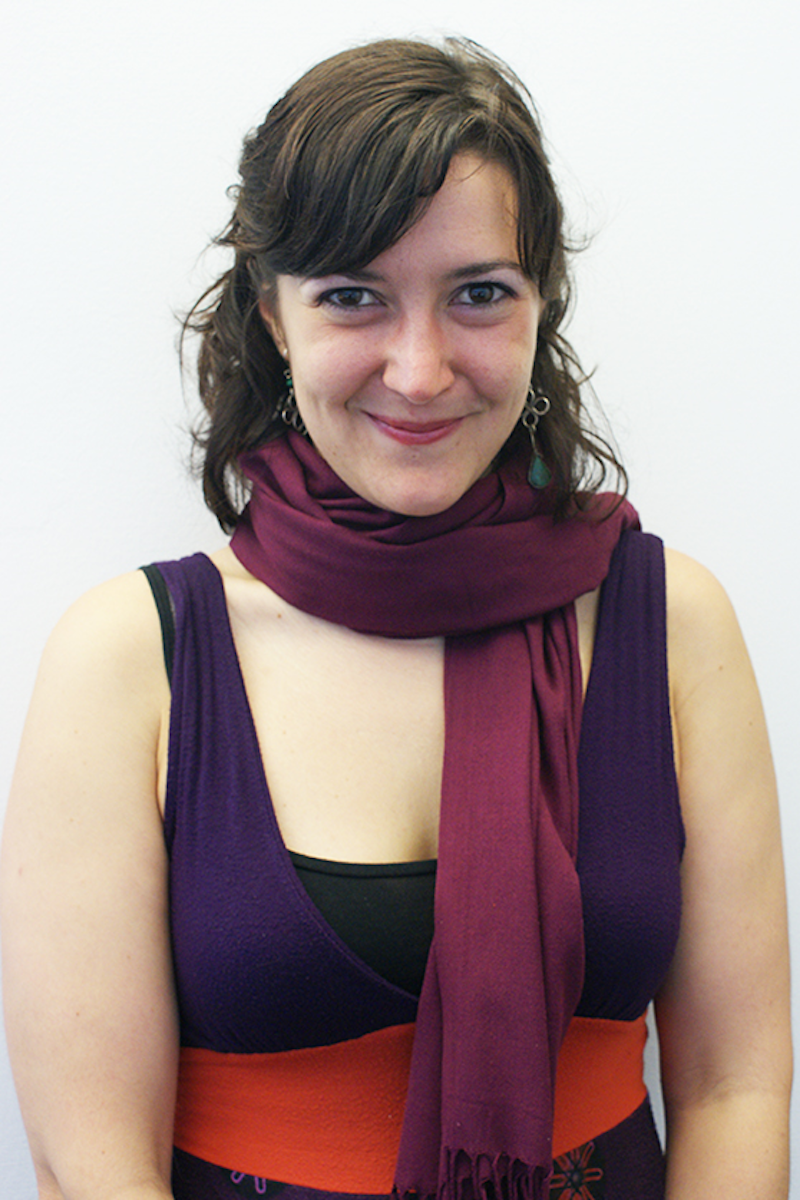
Re-coding Black Mirror
San Francisco, May 13th/14th, 2019
Potential risks of web technologies
Web solutions against the misuse of technologies
Web technologies to enable or prevent Black Mirror's dystopian future

San Francisco, May 13th/14th, 2019
Black Mirror is a British science fiction TV series created by Charlie Brooker and centred around dark and satirical themes that examine modern society, particularly with regard to the unanticipated consequences of new technologies.
The Re-coding Black Mirror workshop will explore how the widespread adoption of web technologies, principles and practices could lead to potential societal and ethical challenges as the ones depicted in Black Mirror's episodes, and how research related to those technologies could help minimise or even prevent the risks of those issues arising.
The workshop will take place on May 13th or 14th, 2019 as part of The WEB Conference 2019.
More info TBA.
Re-coding Black Mirror is about creating connections between researchers that build web technologies and are interested in their potential implications on society, and researchers studying societal and ethical risks of such technologies.
We expect two different types of works to be presented at the workshop, as briefly described by the following examples. Submissions are of course not restricted to those examples, but works addressing those scenarios would be very much welcome.
You can also look at the submissions of the Re-coding Black Mirror 2017 and 2018 editions.
Works showing how the ongoing research in the web community could enable/lead to dystopic scenarios similar to the ones presented in Black Mirror episodes and also, how it could prevent/minimise such risks. For example:
How could advances in semantically combining results in natural language processing and social media analysis lead to the ability to create a bot mimicking the personality of a dead person from their online contributions? S02E01 - Be right back
How could web technologies be used to integrate information about another person from multiple online sources (digital footprinting), providing a mean for stalking or even blackmailing them? S03E03 - Shut Up and Dance
Many of the episodes in Black Mirror rely on a practice and use of technology which is either unexpected in itself, or which consequences are unexpected. Here we are looking at how web technologies could reduce those risks. For example:
How could semantic relations between people and information about their network/context prevents the appearance of extreme cases in user ratings? S03E01 - Nosedive
How could web content and network analysis be used to reduce or counter the spread of hate on social media? S03E06 - Hated in the Nation
Please submit your contribution to the workshop by February 15th 2019 (23:59 Hawaii time) through the easychair system.
We accept three categories of submissions:
All papers should be formatted using the ACM SigConf template (Latex, Word, 2 columns).
We expect each paper to take as a starting point one futuristic scenario, either directly from Black Mirror or of a similar nature, as motivation for the work presented. You can also take a look at the Re:coding Black Mirror workshops at ISWC2017, WWW2018 and CPDP2019 .
For any other question, feel free to contact us at re-codingblackmirror2019@easychair.org
Kirstie Ball, University of St. Andrews
Valerio Basile, Sapienza University of Rome
Luca Belli, FGV Law School
Sara Degli Esposti, Coventry University
Stefan Dietze, University of Leibniz
Heidi Herzogenrath-Amelung, University of Westminster
Timothy Libert, Carnegie Mellon Universit
Kevin Macnish, University of Twente
Andrea Mannocci, The Open University
Diana Miranda, Keele University
Imge Ozcan, Vrije Universiteit Bruxelles
Giuseppe Rizzo, Politecnico di Torino
Angelo Antonio Salatino, The Open University
Diego Sempreboni, Kings College London
Gavin Smith, The Australian National University
Keith Spiller, University of Birmingham
Barry O'Sullivan, University College Cork
Daniel Trottier, Erasmus University Rotterdam
Lachlan Urquhart, University of Nottingham
Rosamunde Vanbrakel, Vrije Universiteit Bruxelles
Luca Viganò, Kings College London

Pinelopi is a Research Assistant at the Data Science Group of the Knowledge Media Institute, Open University (UK). Her research focuses on technology and society and more specifically on the surveillance occurring through the use of personal digital gadgets. Her Ph.D. research addressed issues of the subjective everyday surveillance using as a case study the smartphone devices. She specifically explored young users' articulation of the relationship with their smartphones and the negotiation with their surveillant aspects conducting focus groups with students at British universities and employing the use of visual vignettes. Pinelopi was Visiting Lecturer at the University of Westminster and Leeds Metropolitan University and Research Assistant for the fp7 project ICT ethics. She has been member of the organizing committee of international conferences, workshops and a summer school. She has presented her work in major conference mainly of the surveillance studies community and is co-editor of a special issue on surveillance and privacy at Westminster Papers in Communication and Culture.

Mathieu is a Professor of Informatics specialised in data analytics and semantic technologies at the Insight Centre for Data Analytics of the National University of Ireland Galway. He was previously Senior Research Fellow at the Knowledge Media Institute of the Open University, where he led the Data Science Group. Hes is leading research and development activities around the meaningful sharing and exploitation of distributed information. He has worked on applying the technologies coming out of his research, especially Semantic Web/Linked Data technologies, in various domains including medicine, education especially through learning analytics, Smart Cities and the Internet of Things, personal data management, etc.

is a Research Associate in the Knowledge Representation and Reasoning group of the Vrije Universiteit of Amsterdam (NL). Ilaria's research focuses on responsible AI and, in particular, she is working on the creation transparent/explainable systems using knowledge from large, heterogeneous knowledge graphs. Ilaria was involved in a number of research activities, e.g. the organisation of the Knowledge Capture conference (of which she is also Steering Committee member) and the 2 editions of the Linked Data 4 Knowledge Discovery workshop (LD4KD2014, LD4KD2015). She also assisted the organisation of the Semantic Web Summer Schools in 2015 and 2016.